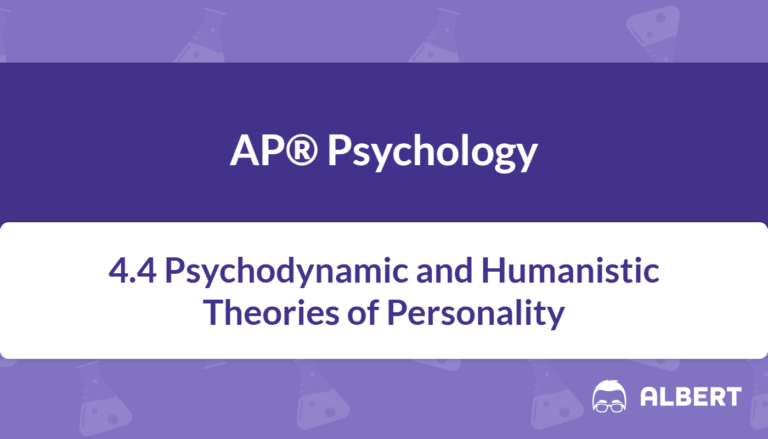
Humanistic Psychology: AP® Psychology Review
Introduction Personality theories help explain why individuals think, feel, and behave in unique ways. In humanistic psychology, the emphasis is on conscious thought, personal growth,

Introduction Personality theories help explain why individuals think, feel, and behave in unique ways. In humanistic psychology, the emphasis is on conscious thought, personal growth,
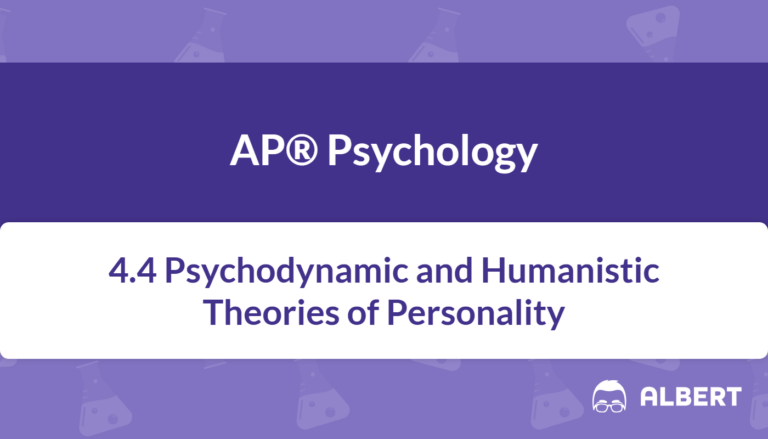
Personality psychology explores the unique patterns of thoughts, feelings, and behaviors that define each individual. Among the foundational perspectives in this field is psychodynamic theory,
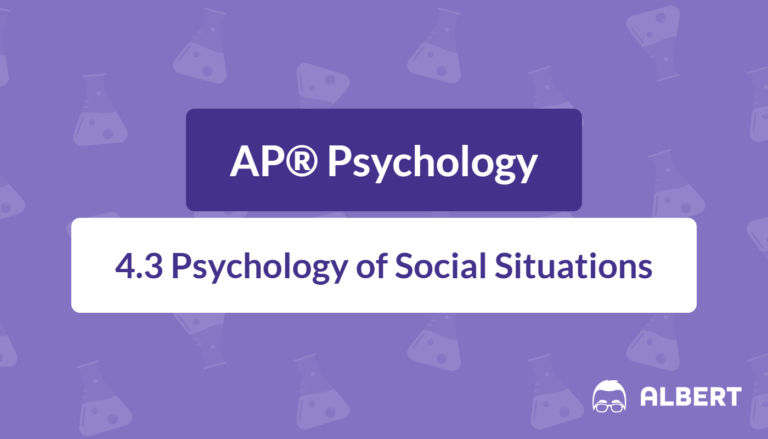
Social situations shape the way individuals think, feel, and act. By studying interactions through a psychological lens, it is possible to see how social norms,
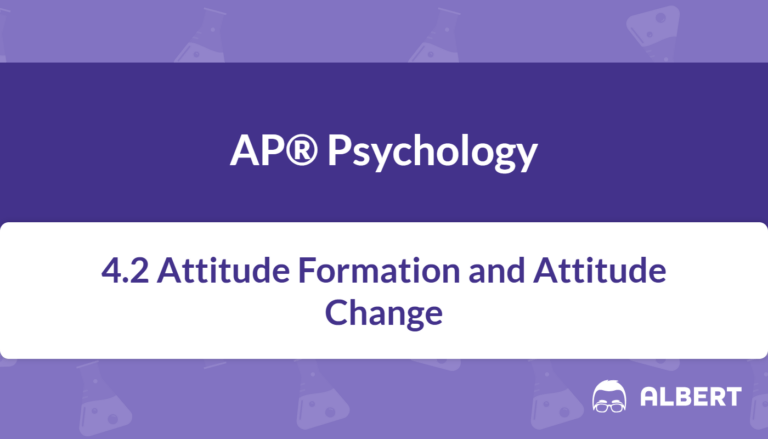
Introduction Attitudes shape the way people interpret the world and interact with one another. They are especially important when examining issues like stereotypes, implicit attitudes,
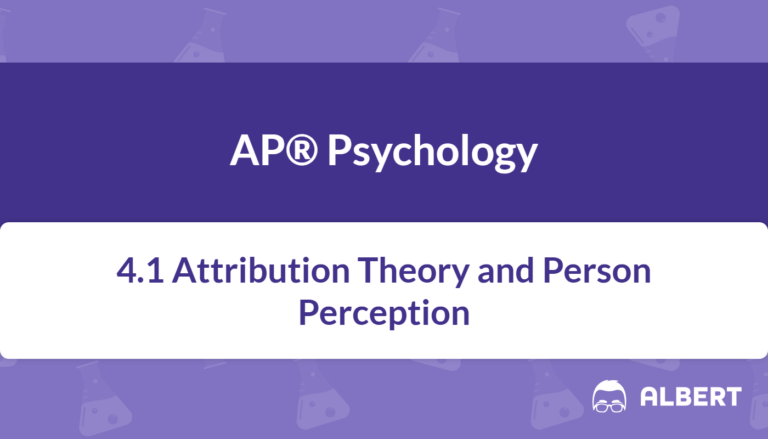
Attribution Theory explores how individuals interpret the causes of their own and others’ behaviors. This theory helps explain why people might credit someone’s success to
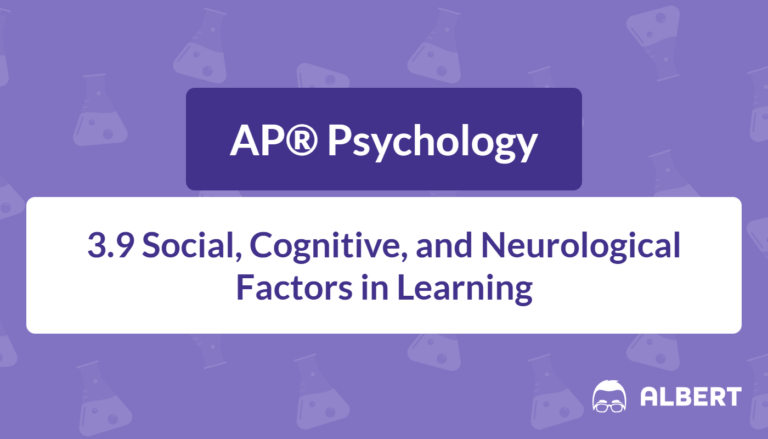
Learning theory explores how human beings acquire, process, and retain knowledge. This field is important because it helps explain how behaviors, thoughts, and emotions develop
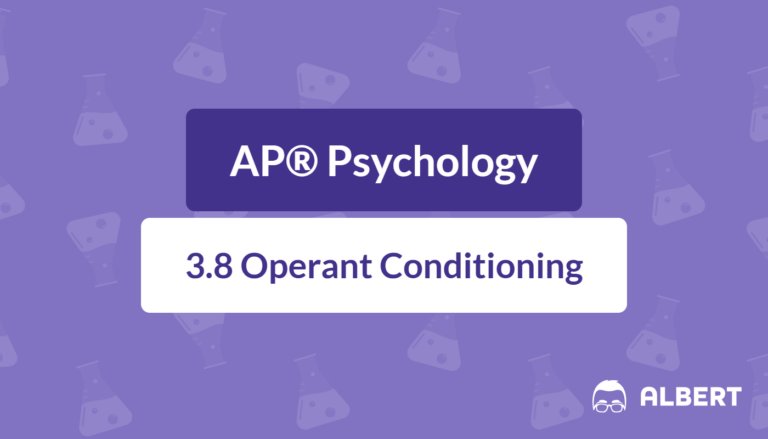
Operant conditioning is a method of learning that uses rewards and punishments to shape behavior. This approach is closely tied to how people develop habits,
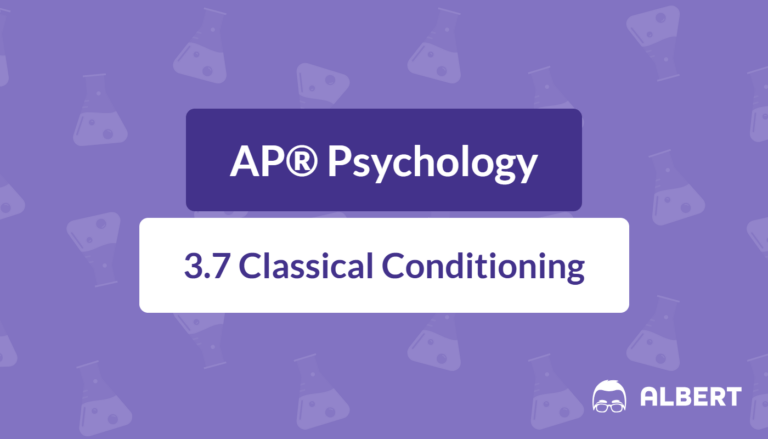
Classical conditioning is a core concept in psychology that examines how organisms learn to link one stimulus with another. This type of learning can shape
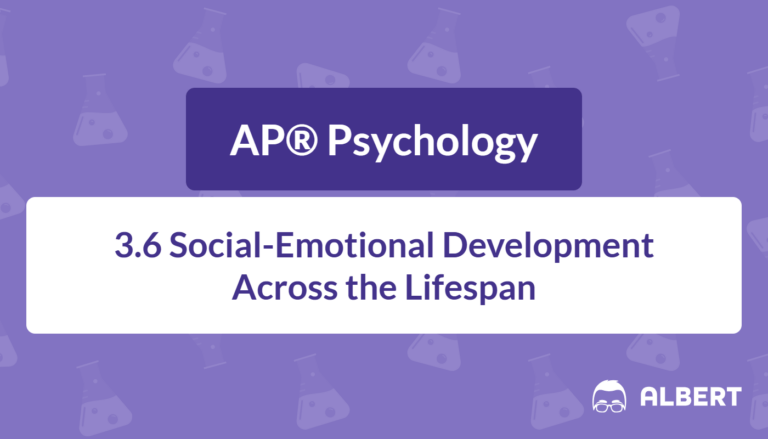
Understanding social-emotional development helps show how social experiences shape behavior and mental processes. This topic explores events from infancy to adulthood, highlighting how relationships and